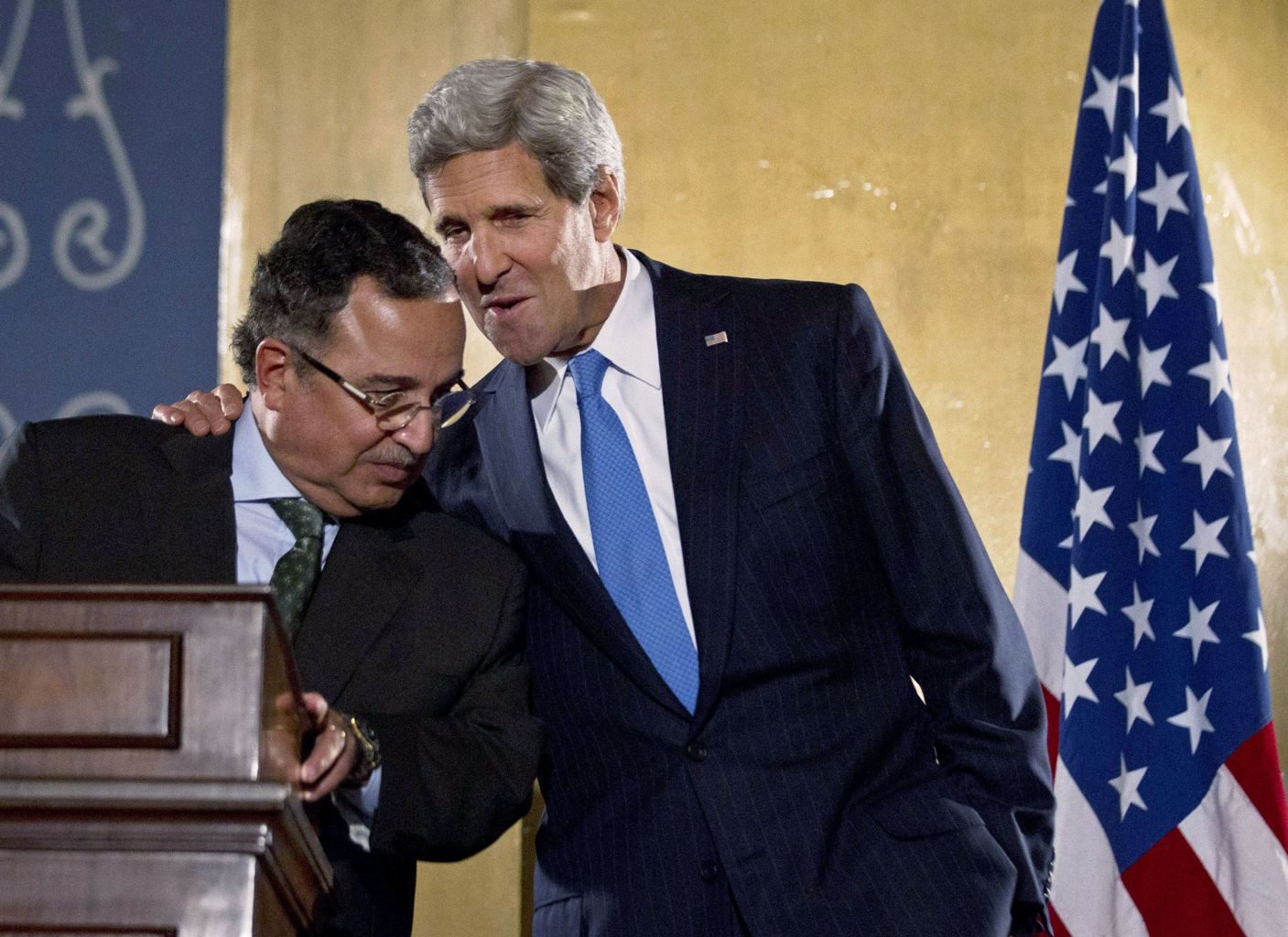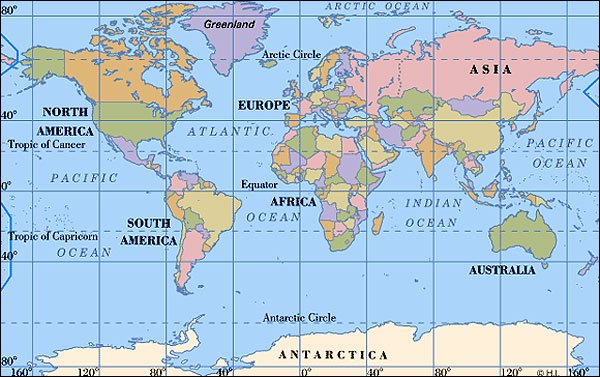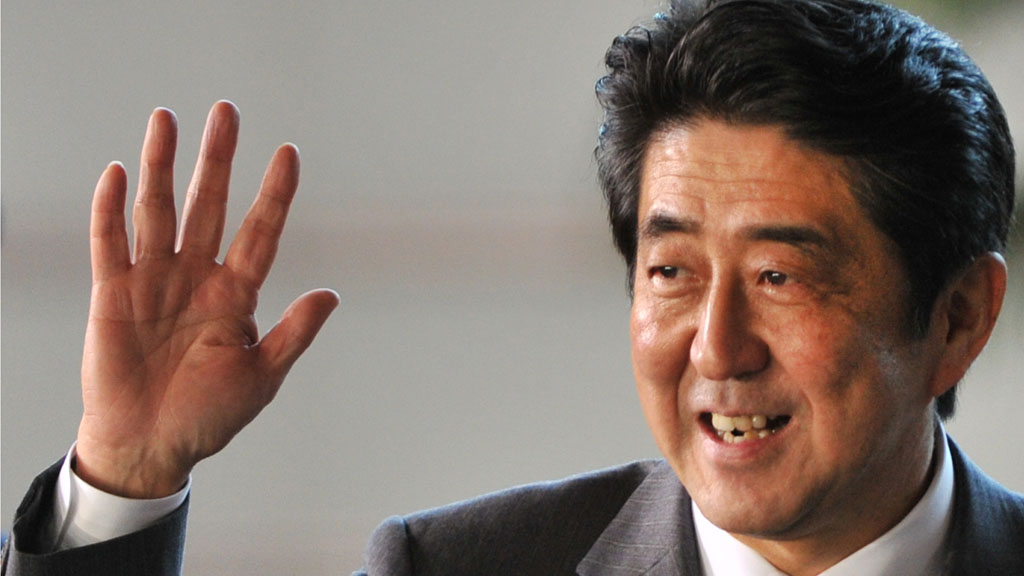US Secretary of State John Kerry arrived in Cairo on Sunday for the first high-level American visit since the ousting of the country’s first democratically elected president, Mohammed Morsi, in July. The visit comes after strained relations between the two countries, due to Egypt’s civil unrest following the military’s takeover and the US’ subsequent suspension of hundreds of millions of dollars in aid.
The visit, which is part of a 10-day tour of the Middle East, Europe, and North Africa, has a twofold purpose: to mend ties between both countries, and reaffirm Egypt’s allegiance to its roadmap for democracy. At a news conference with Egyptian Foreign Minister Nabil Fahmy, Kerry stated that the suspension of aid was not a punitive measure but simply a legal requirement. Additionally, Fahmy asserted that the Egyptian-designed roadmap shows the pursuit of “a resumption of normal relations,” which includes amending the Islamist-titled constitution adopted under Morsi, and holding both a national referendum and parliamentary and presidential elections by the spring of 2014.
While these efforts seem promising, questions remain as to whether these strained relations will be patched over. Despite the rhetoric, there are indications of an underlying feeling of insecurity. Firstly, Kerry traveled to Egypt under a veil of secrecy (the State Department refused to confirm Kerry’s visit until he landed in Cairo) because of tensions running high in the country over the start of Morsi’s trial on Monday November 4th. The secrecy was unprecedented for a secretary of state’s visit to Egypt, which for decades has been one of the closest US allies in the Middle East, and highlights how deep the rifts between the two countries are.
Secondly, the State Department still refuses to lift the ban on delivering major weapons systems to the country, which was enforced in October of this year. According to a State Department official, the resumption of weapon deliveries relies on the Egyptian authorities’ willingness to protect human rights, allow peaceful demonstrations, and permit the freedom of the press. Civilians continue protesting as the country is still in a state of flux ever since its military takeover, and if the military’s past behavior is any indication, it too will continue to crack down on demonstrators. This makes it highly unlikely that the resumption of aid and weapons transfers will occur anytime soon.
Egypt will have to make a concerted effort to follow its roadmap so that a semblance of normalcy between it and the US can take form. The US has made it clear that a democratically-elected President is imperative for its support. However, this may not be conducive to the stability of Egypt, as evident by the election of Mohammed Morsi and the subsequent violence that ensued. As a result, it is clear that America’s hostility towards Egypt may last longer than expected.




